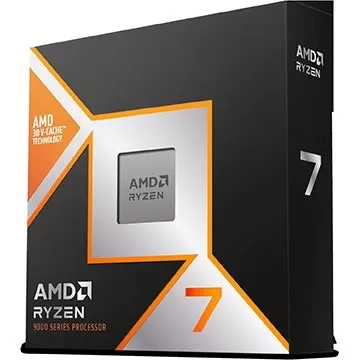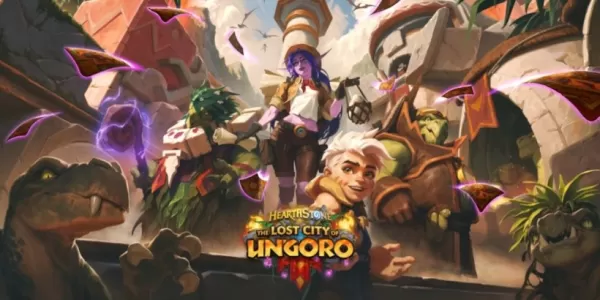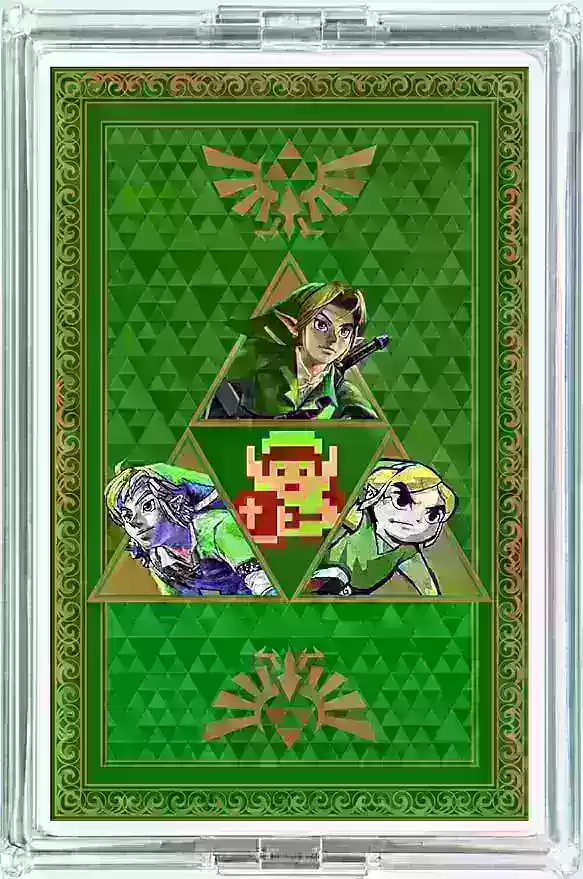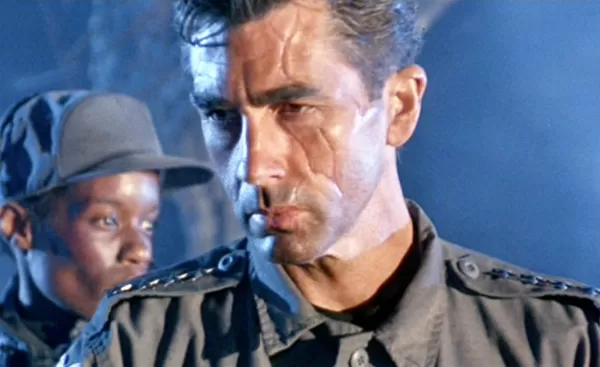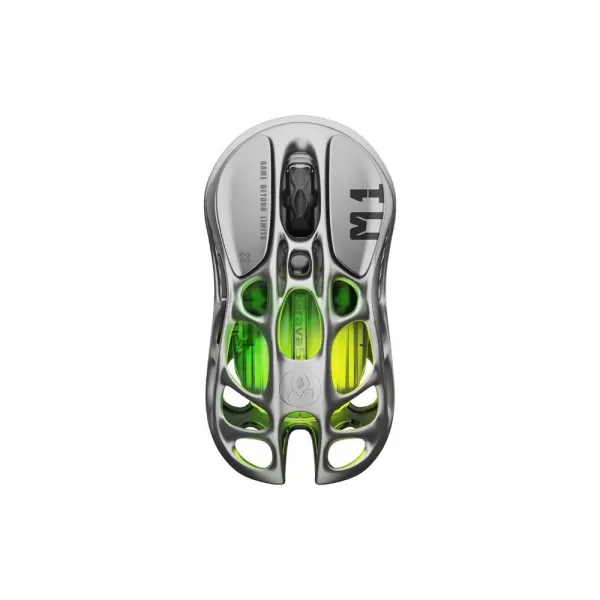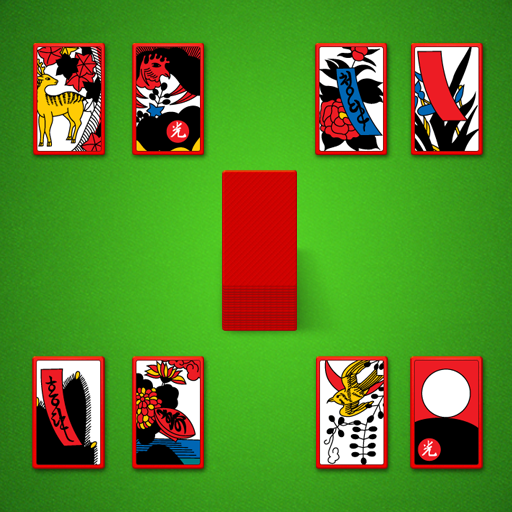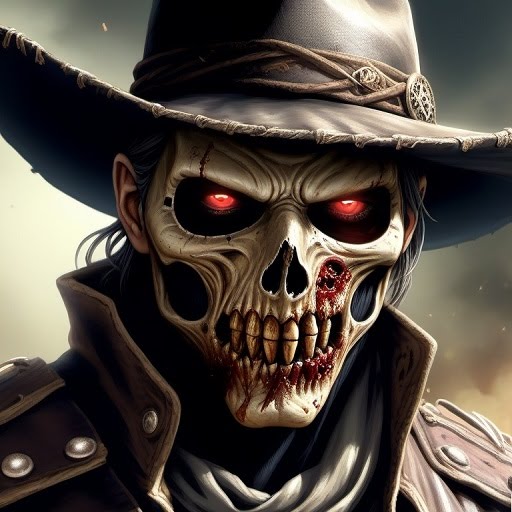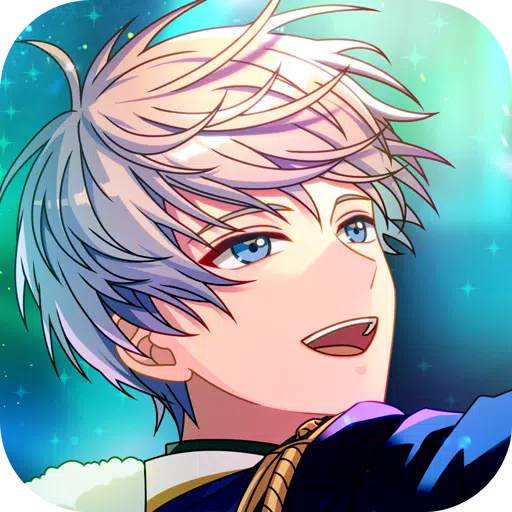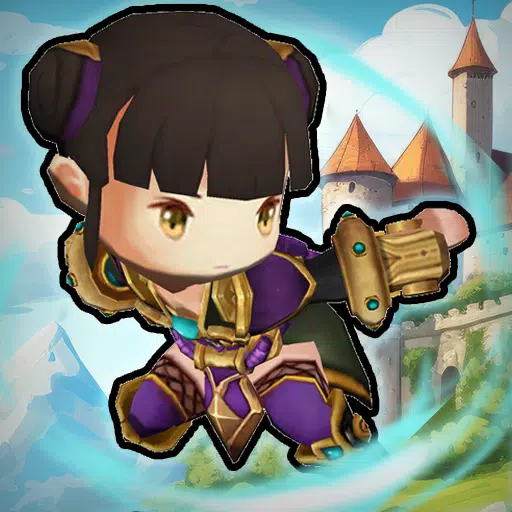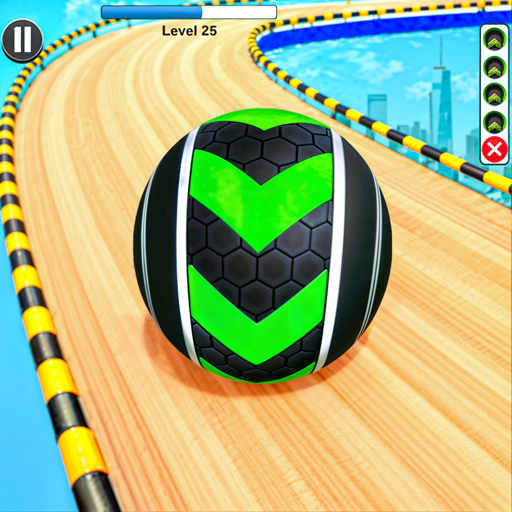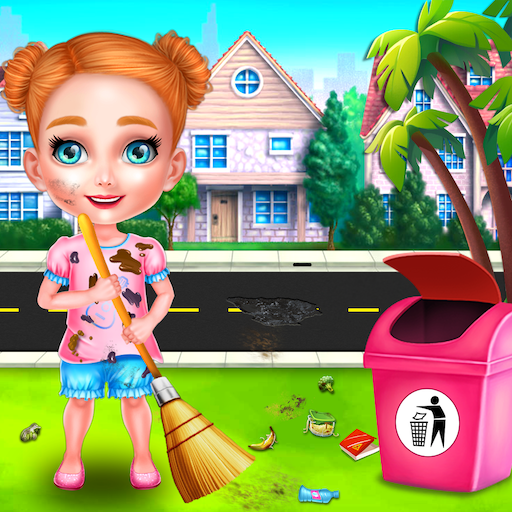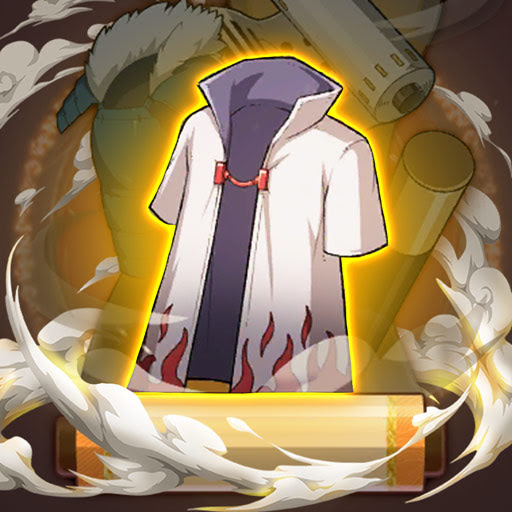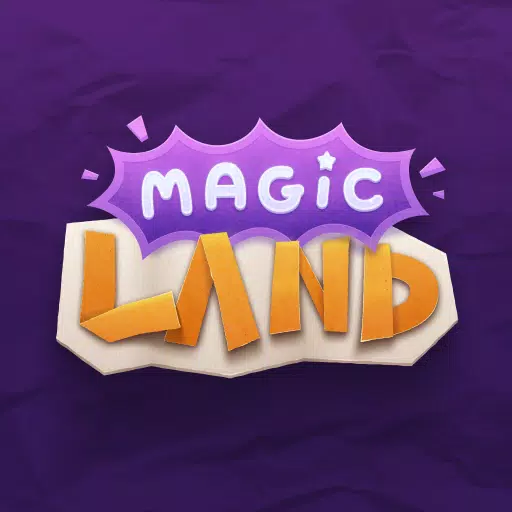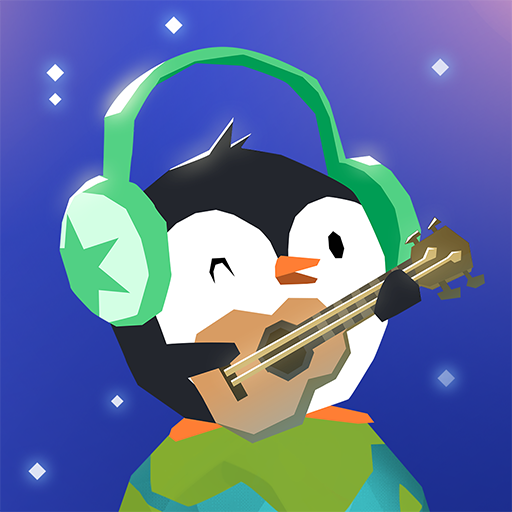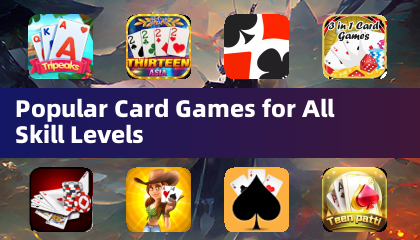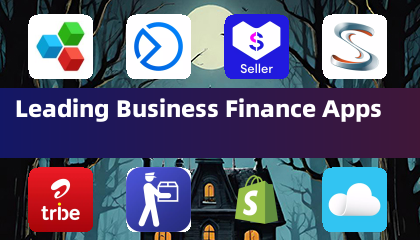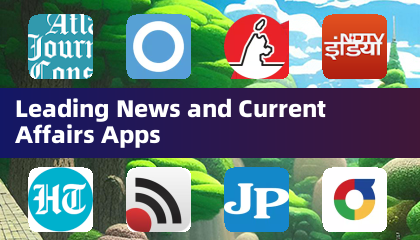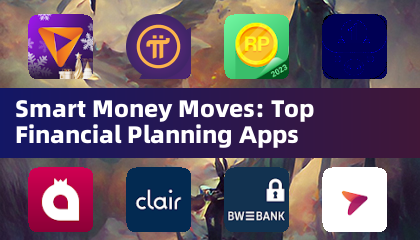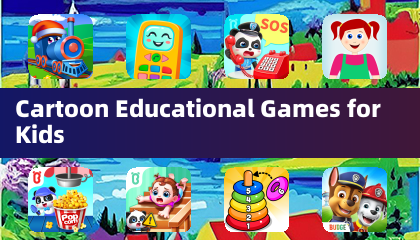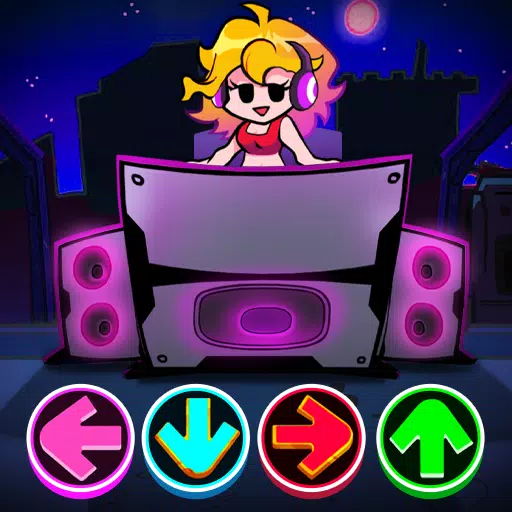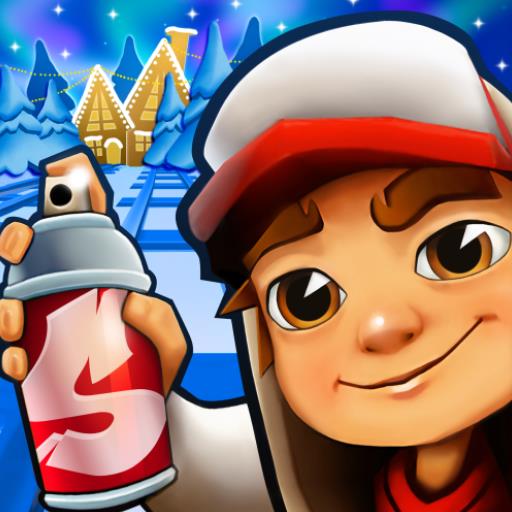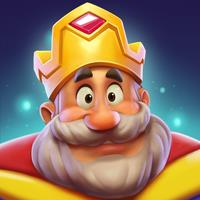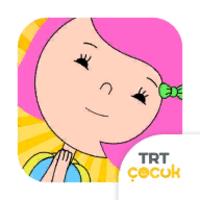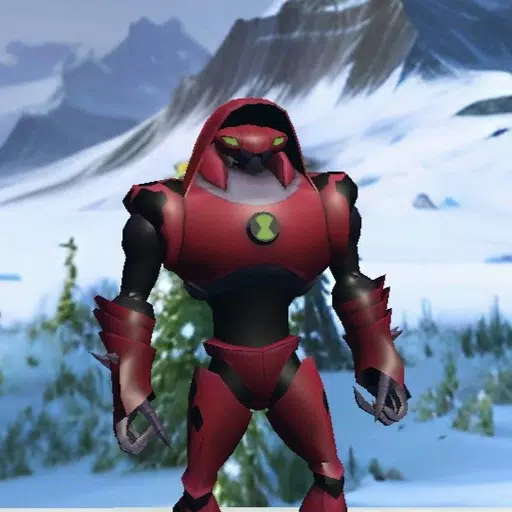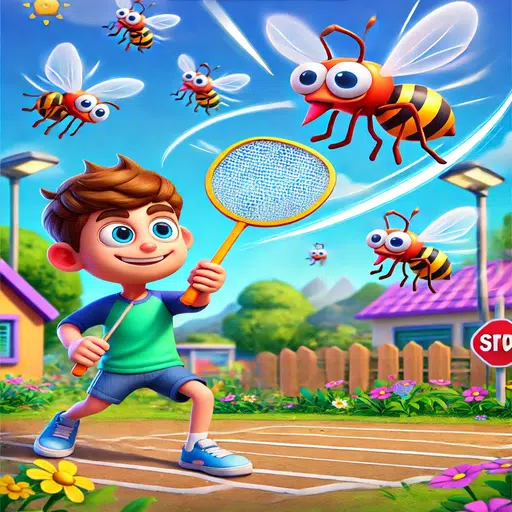Ever since Nintendo officially unveiled the Switch 2, anticipation has been building for the upcoming April Direct, where we expect to learn the official release date, price, and game lineup for the new console. However, the unexpected announcement of another Nintendo Direct just a week before the April event, featuring major titles like Pokémon Legends Z-A and Metroid Prime 4, took many by surprise. Yet, considering Nintendo's dedication to backward compatibility, perhaps this shouldn't have been so shocking.
Before this week's Nintendo Direct, the company managed expectations by stating, "There will be no updates about Nintendo Switch 2 during the presentation." While technically accurate – the Switch 2 wasn't mentioned beyond a reminder of the upcoming Direct and the new Virtual Game Card sharing system – it's reasonable to infer that all the games showcased will be playable on the Switch 2. Officially, these games are slated for the original Switch, but the implication is clear.
This strategy benefits everyone. Those continuing with the original Switch have plenty to look forward to as the console enters its eighth year, while those upgrading to the Switch 2 can enjoy an extensive back catalog of games from day one.
Nintendo's commitment to backward compatibility is setting the stage for what could be one of the smoothest transitions between console generations we've ever witnessed. While the excitement for the Switch 2's capabilities and new games is palpable, Nintendo's cautious approach with the hardware ensures they have all bases covered. The recent Nintendo Direct didn't seem focused on boosting Switch 2 pre-orders or convincing people to upgrade, and this inclusive strategy deserves recognition. Nintendo is essentially welcoming everyone, whether you're planning to purchase a Switch 2 at launch, upgrade later, or stick with your current Switch.
This is why it was safe for Nintendo to showcase numerous Switch games just days before the dedicated Switch 2 Direct. Beneath the surface, they were laying more groundwork for the upcoming transition. The introduction of the Virtual Game Card system, which allows Switch owners to link two consoles and share digital games, is a prime example. This feature is particularly useful given the rise in digital game sales and is similar to Steam's family sharing system. Its announcement at the end of the Switch's lifecycle, with the Switch 2 on the horizon, suggests an intent to facilitate a smoother transition.
Some have noticed that the fine print for the Virtual Game Card hints at a "Switch 2 Edition" for certain games. Whether this means exclusive enhancements that prevent sharing with the older Switch, exclusive re-releases only for the Switch 2, or something else, remains unclear. Similar to Nintendo's earlier statement that "Certain Nintendo Switch games may not be supported or fully compatible with Switch 2," this fine print likely provides a safety net for any potential unshareable games.
Regardless of what the fine print implies, Nintendo's approach to the Switch 2 transition feels like a well-managed procession, akin to how Apple transitions between iPhone models. Upgrading isn't mandatory, but there are clear advantages if you do, and you can bring your existing games along for the journey.

